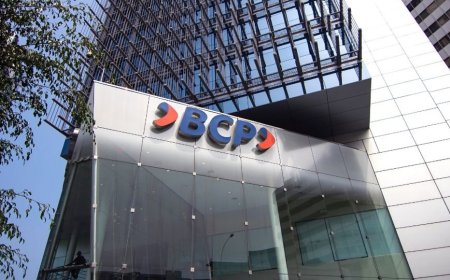Payment service providers required to ‘fine-tooth comb’ customer registration.
While it was previously enough for payment app users to register without the slightest rigor, with only personal and address details, from now on, companies that provide the service are required to apply account opening rules similar to those required in the banking sector. Due diligence will also be required regarding the risk of money laundering for different types of accounts.
In the coming days, payment service providers (EPSP) will be required to ‘fine-tooth comb’ the data of all customers or users interested in opening electronic bank accounts in payment apps similar to the requirements made by commercial banks, such as requirements for documents and information related to combating money laundering and financing of terrorism, according to an imposition by the National Bank of Angola (BNA) to which Kieto Economia had access.
The measure, expressed in Instruction No. 07/2024 of 15 August, is justified by the fact that, in recent times, the number of companies and the appetite of individuals for this type of electronic banking account has been growing, which has forced the regulator to reinforce measures to control transactions carried out through this channel.
In practice, if before the measure it was enough for users of these payment applications to register without the minimum rigor, with only personal and residence data, from now on, companies that provide the service are required to apply account opening rules similar to those required in the banking sector.
In other words, due diligence will also be necessary regarding the risk of money laundering for different types of accounts, similar to what is required by commercial banks around the world, as a way of preventing risks and even preserving customer funds, since electronic money accounts are accounts opened by payment service providers in exchange for an equal amount of legal tender.
The National Bank of Angola also justifies the measure with the need to adjust the rules and procedures for opening, operating and using electronic money accounts, with a view to facilitating access to financial services, particularly for citizens without a bank account, contributing to financial inclusion in the country.
According to the instruction, five (5) different types of electronic money accounts are defined, depending on the way in which the customer proves his/her identity.
Payment service providers required to ‘fine-tooth comb’ customer registration
While it was previously enough for payment app users to register without the slightest rigor, with only personal and address details, from now on, companies that provide the service are required to apply account opening rules similar to those required in the banking sector. Due diligence will also be required regarding the risk of money laundering for different types of accounts.

In the coming days, payment service providers (EPSP) will be required to ‘fine-tooth comb’ the data of all customers or users interested in opening electronic bank accounts in payment apps similar to the requirements made by commercial banks, such as requirements for documents and information related to combating money laundering and financing of terrorism, according to an imposition by the National Bank of Angola (BNA) to which Kieto Economia had access.
The measure, expressed in Instruction No. 07/2024 of 15 August, is justified by the fact that, in recent times, the number of companies and the appetite of individuals for this type of electronic banking account has been growing, which has forced the regulator to reinforce measures to control transactions carried out through this channel.
In practice, if before the measure it was enough for users of these payment applications to register without the minimum rigor, with only personal and residence data, from now on, companies that provide the service are required to apply account opening rules similar to those required in the banking sector.
In other words, due diligence will also be necessary regarding the risk of money laundering for different types of accounts, similar to what is required by commercial banks around the world, as a way of preventing risks and even preserving customer funds, since electronic money accounts are accounts opened by payment service providers in exchange for an equal amount of legal tender.
The National Bank of Angola also justifies the measure with the need to adjust the rules and procedures for opening, operating and using electronic money accounts, with a view to facilitating access to financial services, particularly for citizens without a bank account, contributing to financial inclusion in the country.
According to the instruction, five (5) different types of electronic money accounts are defined, depending on the way in which the customer proves his/her identity.
What's Your Reaction?













































